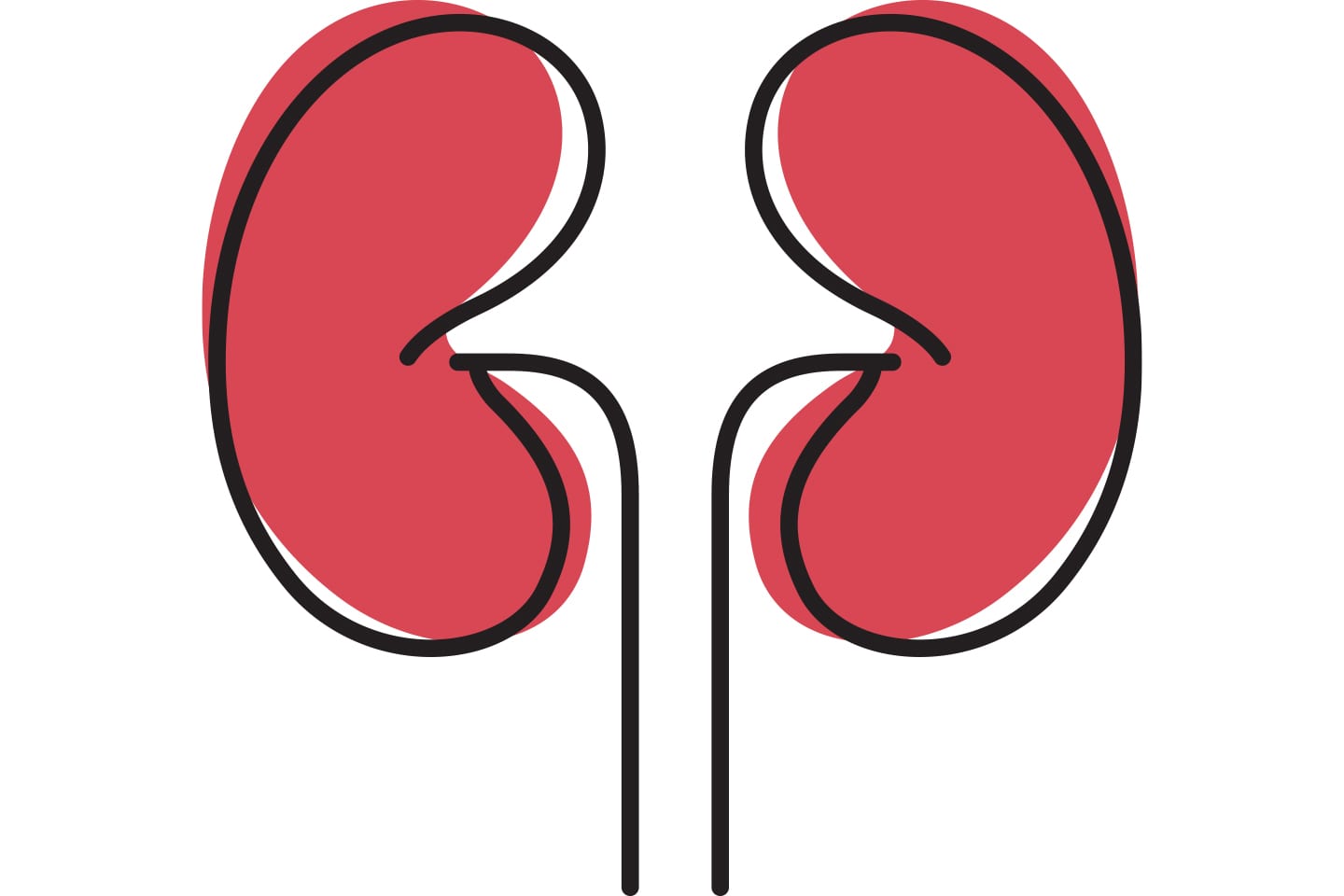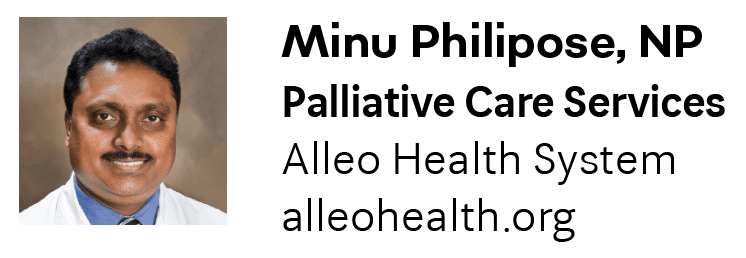Advice from Area Health & Wellness Professionals
Q. How will I know when it’s time for my teenage son to get his wisdom teeth out?
A. Generally, we like to remove wisdom teeth between the ages of 15 and 26. Furthermore, there are several symptoms associated with impacted wisdom teeth that may suggest it’s time to visit your dentist or oral surgeon. If you are experiencing symptoms such as: swelling in the gums at the back of the mouth, pain or irritation when biting or chewing, headache or jaw ache, and/or swollen lymph nodes in your neck, don’t wait to schedule your appointment. Incoming wisdom teeth can also crowd the rest of your teeth, causing misalignment, so it’s best to keep an eye on your teen’s oral health to prevent them from any discomfort or a crooked smile.

Q. My sister will be undergoing a kidney transplant soon. What will her recovery be like?
A. Following a kidney transplant, patients typically stay in the hospital between three and five days. What determines their discharge is the transition from pain shots to pills, the ability to drink fluids to stay hydrated, and that their post-transplant medication education has been completed. Patients return to the outpatient clinic within a week for labs, more education, to check their incision, and to confirm physical recuperation. Most patients will be off pain medication within the week, but generally feel sore with vigorous activity and fatigued by the end of the day for another one or two weeks. Patients during this time do feel a profound increase in their levels of available energy, as their body is healthier with a kidney keeping their bloodstream free of toxins. From there, they work with the transplant team to make and achieve their physical goals.
Q. My father has been diagnosed with carotid artery disease. What are some of his possible treatment options?
A. Carotid artery disease – when plaque clogs the blood vessels – is quite prevalent in the United States and a common cause of stroke. Significant carotid artery blockages should be treated in order to prevent stroke. There are multiple methods of surgically treating these blockages. The most traditional method of treatment in the United States is a carotid endarterectomy. This is where a surgeon makes an incision on the neck, removes the blockage, and repairs the artery. Newer techniques involve placement of stents in the carotid to prop open the blockage. These stents can be delivered from the groin or through a small incision at the base of the neck. Each of these procedures comes with a variety of risks and benefits. There are a multitude of reasons a vascular surgeon may choose to perform an open operation versus a stent, and vice versa. Discuss your options with a vascular surgeon to decide the best option for you.

Q. My mother has been struggling with Parkinson’s disease. How do I know when it’s time to seek palliative care services for her?
A. To know when it’s time to contact Palliative Care Services (PCS), a patient and caregiver should understand what palliative care encompasses. Palliative care improves quality of life, provides an extra layer of support, and plans advance directives while focusing on pain and symptom management alongside present curative treatments. Parkinson’s disease is a neurodegenerative illness with physical symptoms and complications increasing as the disease progresses. Patients with early stages of Parkinson’s may show symptoms of tremors, difficulty walking, and muscle stiffness. Late stages may show severe posture issues, dementia, difficulty swallowing, and inability to walk. In any stage of Parkinson’s, Palliative Care Services can provide care that improves the patient’s quality of life and relieves caregiver stress. PCS treats a patient’s physical symptoms, coordinates care with the patient’s healthcare providers, and communicates with the patient’s caregivers. PCS offers support in the patient’s homes, the PCS clinic, or a hospital setting.
Q. Losing weight is something I’ve struggled with for years. How do I know if I’m eligible for bariatric surgery, and if so, what are the options?
A. You are not alone – losing weight is often very frustrating and can cause many people to give up hope of ever reaching a healthy weight. Fortunately, bariatric surgery can help. Most people who qualify for bariatric surgery are clinically obese, with a BMI of > 35 and obesity-related comorbidities like high blood pressure or diabetes, or have a BMI of > 40 with or without comorbidities.
There are several surgical options, the two most common of which are gastric bypass and the gastric sleeve. It’s important to meet with a bariatric surgeon and their team and have a multidisciplinary approach, including nutrition, exercise, and support groups as well. Bariatric surgery begins a new lifestyle for many patients and can bring with it a new positive outlook on a healthier life. The surgical team can discuss your specific issues and customize a plan including the surgery that will help you the best.








